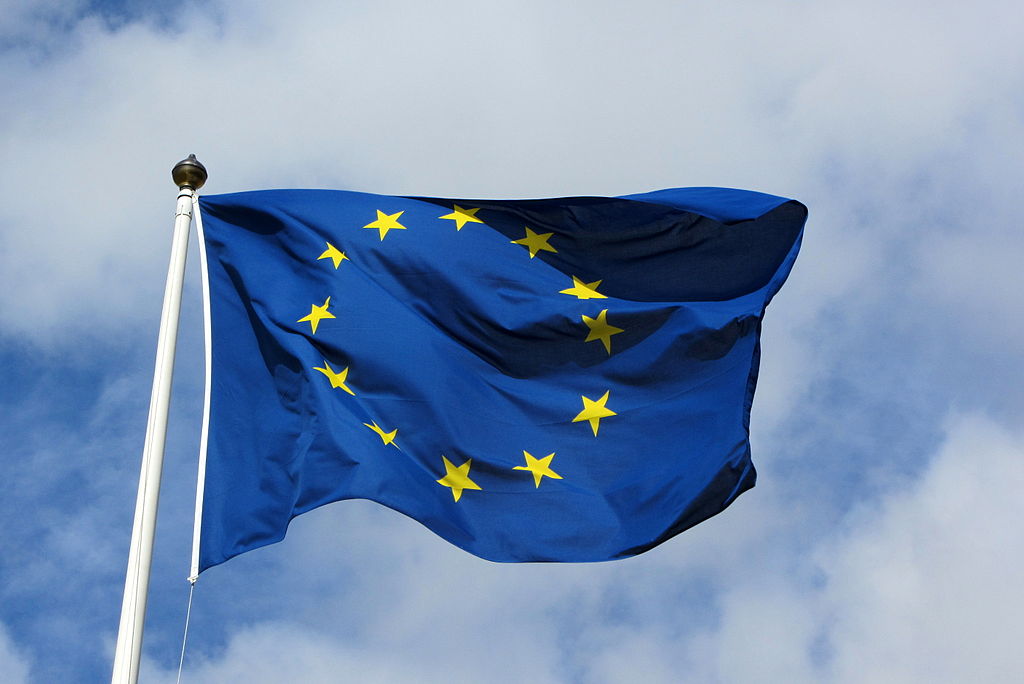Political Minutes: Power Dynamics in the UN

On Wednesday night, the Columbia School of International and Public Affairs hosted a panel discussion on the issue of regional organizations and their effects on the power dynamics in the United Nations. Panelists included: Ambassador Nicholas Emiliou, Permanent Representative of Cyprus to the United Nations; Ioannis Vrailas, Deputy Head of the Delegation of the European Union to the United Nations; Ambassador Manjeev Singh Puri, Permanent Deputy Representative of India to the United Nations; and Ambassador Luis Alfonso de Alba Gongora, Permanent Representative of Mexico to the United Nations. Dirk Salomons, the Director of the Humanitarian Affairs Program at SIPA, served as moderator.
Though the discussion’s main focus was on the function of the European Union in the UN, it encompassed many other aspects of the decision-making processes within the UN. Ambassador Emiliou of Cyprus began the discussion, recalling the Treaty of Lisbon, which promoted the establishment of a common foreign policy among the nations of the European Union. Emiliou emphasized the idea that although the EU provides an institutional framework for foreign policy, the real decision lies in the hands of the individual member states. However, he stated that, “for the high representative to present a position to the rest of the world, in the UN, there has to be a consensus among the member states.” Then, he went on to discuss the various sensitive issues in which there is a lack of consensus among the members of the EU. Emiliou mentioned the recent issue of upgrading Palestine’s status in the UN, which prompted a three way split within the EU member nations. He stated that this is “illustrative of the fact that we have a long way to go in order to establish a common foreign policy.”
After discussing several other controversial issues such as the sanctions on Iran and the question of Syria, Emiliou repudiated the claims that suggest that the European Union is made up of “post-imperialists or even worse, neo-imperialists.” Finally, he ended his speech on an optimistic note, saying, “slowly but surely, we’re getting there. We are very pleased that on a good number of issues, we are able to present a common position. The increasingly high profile of the EU in the UN is for the benefit of the member states, in the sense that the collective weight of 27 countries is larger than that of each individual country.”
Afterwards, Ioannis Vrailas, Deputy Head of the Delegation of the European Union to the United Nations, continued the discussion on the European Union in his speech, which focused on the improvements that have taken place in the EU. “I think that after a year and a half, we are in a much better situation both internally, within the EU, and gradually externally, in our dealings with the non-EU members of the UN.” Vrailas also stressed the importance of partnerships and quoted the President of the European Commission, saying, “multilateralism is in the DNA of the European Union.”
Following this speech, Ambassador de Alba Gongora of Mexico provided a counter argument. His argument was centered on the idea that it is sometimes beneficial not to take the common lower position, but to take an ambitious one comprised of the positions of individual, independent countries. Then, as Ambassador Puri of India took the floor, the discussion shifted towards other regional organizations that hold less power than the UN, such as the African Union. Finally, when the floor was opened to the audience, the panelists received a variety of questions, ranging from issues regarding climate change to the reform of the Security Council, though notably the Euro crisis was not thoroughly discussed.
